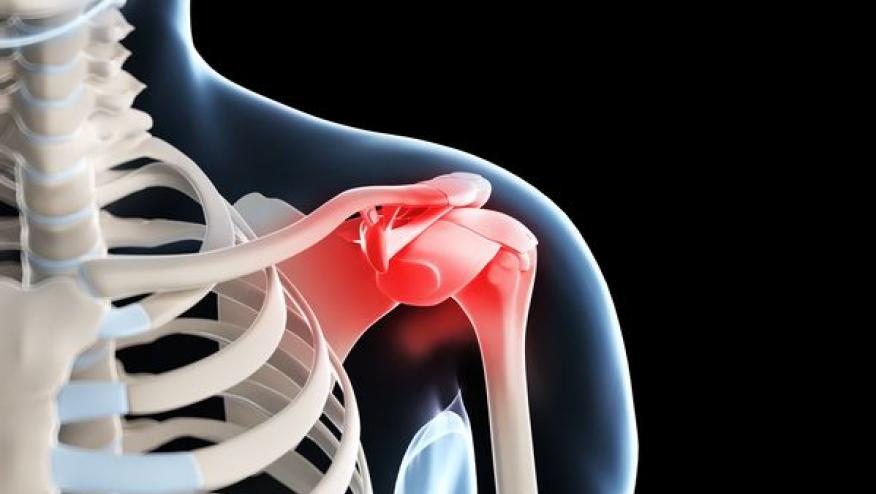Timing of Shoulder Injections Impacts Surgical Infection Risk Save

A study of patients undergoing arthroscopic rotator cuff repair shows that corticosteroid injections in the month prior to surgery are associated with a significantly increased risk of surgical site infection.
A large claims database review examined patients undergoing arthroscopic rotator cuff repair and compared those undergoing arthroscopic rotator cuff repair within 1 year of injection (n=12,060), and those undergoing arthroscopic rotator cuff repair without prior injection (n = 48,763). The primary outcome was surgical site infection within 6 months of the procedure.
While there was no overall difference in the incidence of surgical site infection in patients receiving a shoulder injection (0.7%) and those without injection (0.8%), the investigators did find a significantly higher rate of infection in patients receiving an injection within 1 month prior (1.3% vs 0.8%; R, 1.7 [95% CI, 1.0 to 2.9]; p = 0.04).
Risk factors for infections included being male (OR, 1.7), obesity (OR 1.4), diabetes (OR 1.3), smoking (OR 1.7) and and preoperative corticosteroid injections within 1 month of the surgical procedure (OR, 2.1).
Corticosteroid injections should be avoided if surgical arthroscopic rotator cuff repair is soon contemplated.










If you are a health practitioner, you may Login/Register to comment.
Due to the nature of these comment forums, only health practitioners are allowed to comment at this time.